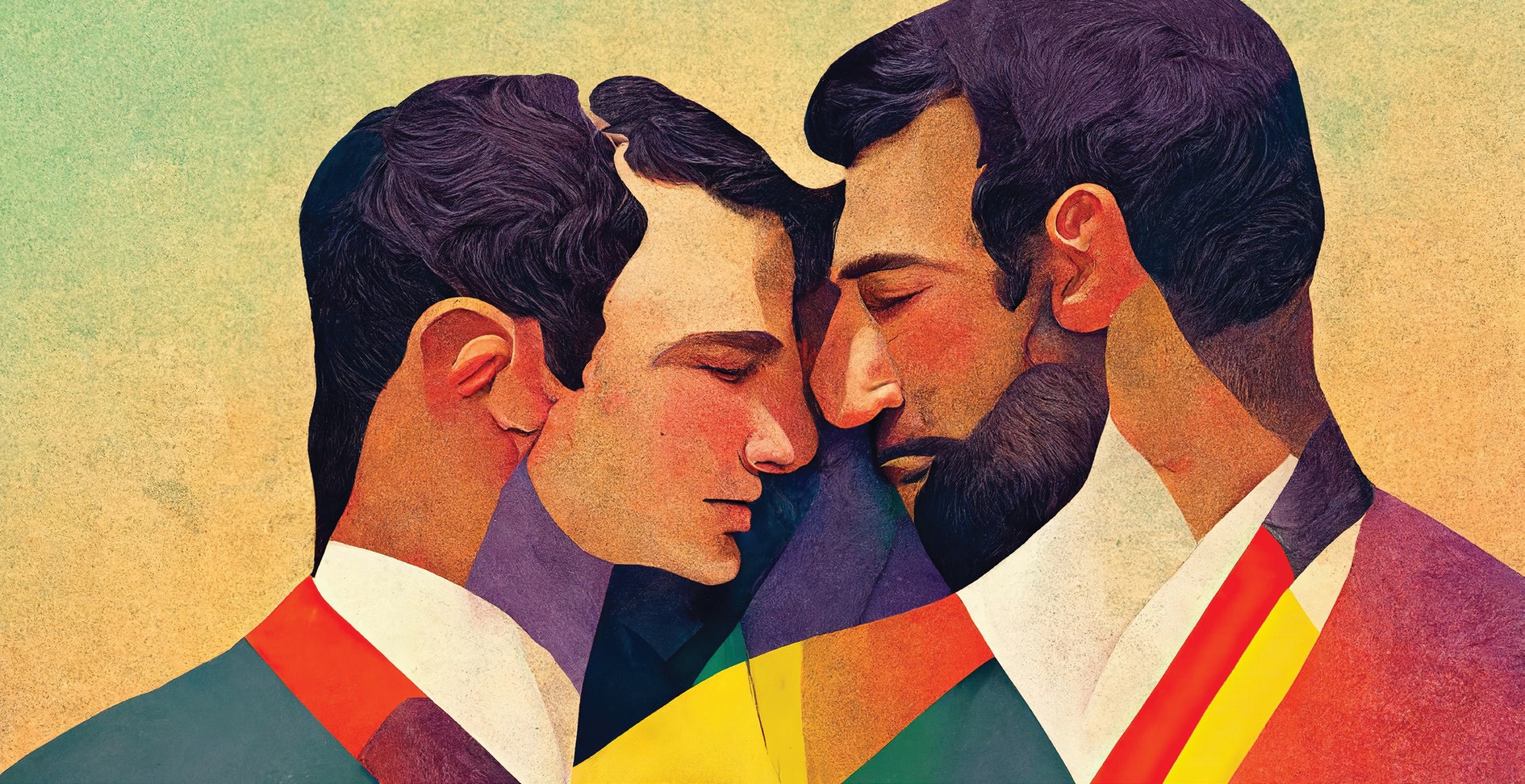“My first Dublin Pride in 2015 embodied freedom, safety and love”
Ten years on from Ireland’s historic Marriage Equality Referendum, Tom Robertson reflects on its significance at a pivotal time in his own life and what Pride means to him in 2025

Pride as a concept evolved for me as I grew from awkward teenager to college student and onwards to adulthood.
Growing up in a town in Meath and attending an all-boys secondary school, it was not easy to be a gay teenager—to put it mildly!
Annual Pride parades and events at that time were something to look at from afar. I remember watching the parades, and everyone expressing themselves, just knowing one day I might be there too.
I did not want to stand out at school. I just wanted to get on with it and get out of there as quickly as I possibly could. So, Pride was something to be aware of, but quietly.
I had great shame about being a gay person back then, and so often I wish I could go back in time to tell myself just how much better it was going to become.
My first Dublin Pride was in 2015, one month after the Marriage Equality referendum. The referendum marked the first time I could legally vote—and the love and positive energy that flowed from my friends and family to push for a ‘Yes’ vote was phenomenal.
I was sitting with six friends in my sitting room as the result of the referendum was read out. I am not ashamed to admit I broke down and cried.
The referendum represented so much more than marriage to me. It was a sign that Ireland was ready to move on from the outdated views of the past and embrace our LGBTQI+ family, friends and colleagues.
It was the first time I genuinely felt proud to be a gay Irish man. That Pride in June 2015 embodied freedom, safety and love. It was a celebration of who we were and what so many had fought for before us.
When the Marriage Equality Referendum was passed, so many of my friends were congratulating me on being able to get married, but that wasn’t the goal for me.
In fact, personally, I saw the act of marriage itself as very anti-Pride at the time—a mechanism to restrict freedom. Something that was fine for other people, but not for me.
For me, the referendum was about more than marriage, but I was genuinely happy for the people who wanted to get married.
Of course, that all changed when I met Niall.
We met and fell in love at the age of 20. There was something about him that changed my whole outlook on the world.
My personal (and misguided) rule on marriage went quickly out the window—I just knew I wanted to spend the rest of my life with him.
Six years and eight months into our relationship, I proposed to Niall in London, and he said yes!
To be able to marry the man I love is something I try not to take for granted. I am aware of how difficult it has been to get to where we are now, and I know I am lucky to live in a country like Ireland where I can have this life.
Looking at everything happening across the world for the LGBTQI+ community at the moment is hard, especially for trans men and women.
So many hard-fought rights and freedoms achieved over many years are being torn apart by hate-filled and close-minded individuals in power.
This has transformed the meaning of Pride yet again for me—this time, into a fight for what I know is right.
We will not be silenced, we will not be bullied, and we will never stop being our authentic selves.
If I can summarise what Pride means to me simply—Pride is love; love for who we are and what we stand for as a group.
And I owe so much of who I am today to the LGBTQI+ community and our allies. I have so much love for who I am, where I am in my life and the people I am lucky to call my friends, family and colleagues.
In the long-run, hate can never prevail. Love and pride will always win out.
Tom Robertson is a member of the committee of BALANCE, the Institute’s LGBTQ+ networking group
